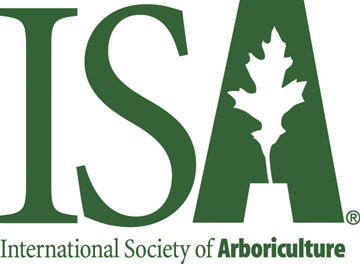The dense and lush forests of our Southeast Texas region inspires in us a great appreciation for how intricate and comprehensive nature is at providing for itself and taking care of its own. But more than that, it is an ecological system worthy of being explored and studied. Even so, he health and vitality of our woodlands are in great measure the responsibility of private land owners. The woodlands growing on private property are a huge and vital part of our ecosystem, and you may be surprised to know how many landowners take on this responsibility as a great privilege. If you have never been introduced to the concept before, let us be the first: Welcome to the wonderful world of forest farming.
Forest farming is simply the cultivation of indigenous plant and tree varieties, sometimes as specialty crops for harvesting. One forest farmer may focus on tree farming, another might be growing wild ginseng. Even shiitake mushrooms have been cultivated for harvest and for sale. Often forest farming is done simply for the benefit of the local ecological structure, like the prevention of erosion, cleaner water and air, or maybe to support the welfare of the local wildlife. There are many highly skilled forest farmers here in Southeast Texas, and they are important stewards of our general forest system.
The Texas Forestry Association gives out awards for outstanding tree farmers, and those who win are true devotees. Forest farming here in Texas is usually about growing both pine and hardwood trees for wood production, but the wonderful thing about this variety of crop is that it is one that can be such a benefit to water quality, recreation and wild life while it grows. With tree farming, human productivity is an ecological asset.
There is a certification process available to tree farmers. Members are active in developing and promoting sound land management procedures. It is the forest farmer's pleasure to ensure that the land they farm is kept beneficial to wildlife and the plant life occupied by it.
Do you own forested land? If you do and you are among the aspiring amateur arborists who want to learn more about identifying and caring for trees, forest farming is a wonderful, educational hobby. Tree farming is an exercise of constantly learning more about local nature and wildlife while profiting both the environment and your pocketbook. To learn more about forest farming, call your local tree farming program. There is one in most states. Here in Texas it is as easy as contacting the Texas Forestry Association in Lufkin, Texas.
Forest farming can be either for profit or for pleasure, or for both. However you choose to forest farm, it is an edifying botany project in your own back yard.














